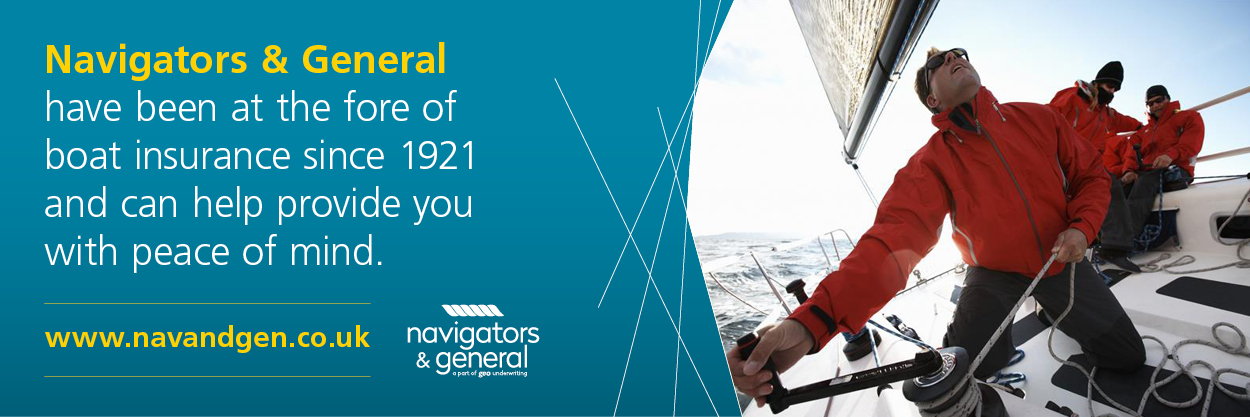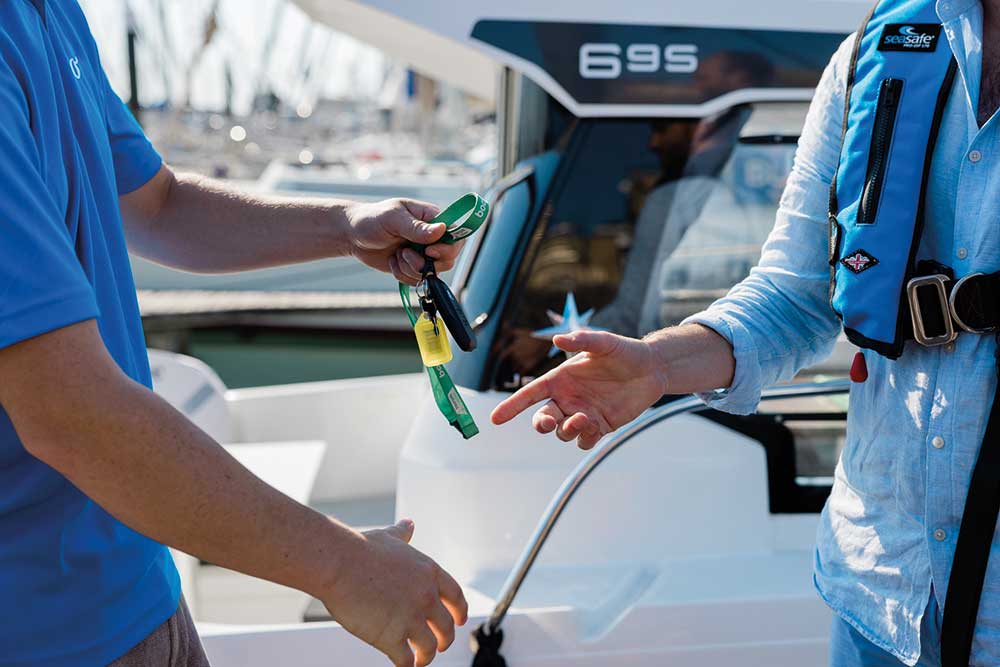Purchasing a used boat is an exciting venture, but it requires careful consideration and due diligence. As professional yacht brokers, we advise buyers to engage a professional to help navigate the complexities of boat ownership and ensure proper documentation for legal ownership. It’s important to remember that buying a used boat typically does not come with warranties under the Sale of Goods Act, so exercising caution and conducting thorough checks throughout the process is essential.
Research and Preparation
Before diving into the used boat market, it’s crucial to conduct thorough research. Begin by determining what type of boat best suits your needs – whether it’s a sailboat, motorboat or fishing boat. Each type has specific requirements and maintenance considerations. Familiarise yourself with the market value of different brands and models and set a realistic budget that encompasses not only the purchase price but also insurance, maintenance, storage and potential repairs.
Gathering Information
Engage with several brokers and gather information before viewing any boats. The internet is a valuable resource but also reach out to friends or members of your sailing club who may have insights on the types of boats you are considering. Reading reviews from online magazines can provide useful perspectives.
Arranging Viewings
When you identify potential boats, arrange viewings with your intended sailing companions. This ensures that everyone’s input is considered. If you cannot attend a scheduled viewing, inform the broker as soon as possible to reschedule.
Making an Offer
Once you’ve found a boat that meets your criteria, communicate your offer through the broker, who will present it to the seller. Remember, inspecting the boat is just one part of the process; reviewing its documentation is equally essential. Ensure you gather and verify all relevant paperwork associated with the boat.
Be Informed: Use your research and inspection findings to justify your offer. If you uncover any issues, bring them up during negotiations.
Start Low: It’s often wise to begin with a lower offer, supported by your research and findings.
Be Respectful: Maintaining a professional demeanour during negotiations fosters a positive rapport that can be beneficial.
Documentation Essentials
When negotiating, don’t forget to ask about the following critical documents:
Title and Registration: Confirm that the seller has clear title to the boat and that it is registered in their name. Verify that the hull identification number (HIN) matches the documentation.
Maintenance Records: Request maintenance records to gauge how well the boat has been cared for. Regular maintenance can indicate a responsible previous owner.
Service History: A well-serviced boat is less likely to present future issues.
The Contract
When you find a vessel you like, discuss it thoroughly with your broker, who will prepare a Sale and Purchase Agreement for both parties to sign. Any amendments must be agreed upon by both parties, as this is a binding contract. It’s important to note that a broker acts solely as the seller’s agent and is not a party to the contract.
The Deposit
Typically, you will need to place a deposit of around 10 per cent, which the broker must hold in a Client Account, separate from their usual business trading account. This deposit signifies your serious intent to purchase the boat.
The Survey
For peace of mind, consider instructing a professional marine surveyor to inspect the vessel. A surveyor will conduct a thorough inspection and provide a detailed report on the boat’s condition, potentially uncovering hidden issues.
Cost vs. Value: Although hiring a surveyor incurs additional costs, it can save you from future expenses related to repairs and maintenance.
Negotiation Power: If the survey reveals significant issues, you can leverage this information to negotiate a lower price.
Surveyor’s Role
The surveyor will inspect various aspects of the boat, including:
● The hull for cracks, blisters or signs of osmosis.
● The deck’s condition, ensuring all hardware is functional and secure.
● The engine for signs of wear or corrosion and reviewing maintenance records.
● All electronic devices, checking for functionality and signs of wear.
● The presence of necessary safety equipment, such as lifejackets and flares.
Once you receive the survey report, discuss any concerns (if any) with the surveyor and inform your broker of any significant defects. If they are substantial, you may consider withdrawing from the contract, revising the price or requesting repairs from the seller.
Financing
If you require financing, contact a finance house well in advance, as the funds must be available for completion. Be mindful that certain funds, such as pension funds, may have lengthy release terms.

Sea Trial
If you wish to conduct a trial sail, inform your broker when you sign the Sale and Purchase Agreement, allowing for adjustments due to weather conditions. You will be responsible for any slipping or skipper fees incurred.
Final Checks and Completion
Once you’ve made your decision, verify the inventory and ensure that the title documentation is lodged with your broker to avoid future complications, including any VAT documentation as appropriate. Organise the electronic transfer of funds to the Broker’s Client Account in a timely manner. Upon clearance of funds, the completion will take place, and the broker will provide you with documentation, including the Bill of Sale transferring title from the seller to you.
Insuring Your Boat
Before taking possession, ensure you have insurance in place. You will likely need a survey for this, so don’t skip the pre-purchase survey.
Training
If you’re new to sailing or operating a motorboat, consider undergoing training to familiarise yourself with the ‘Rules of the Road’ and ensure you have adequate safety equipment.
The RYA offers a variety of courses to assist you, and many training providers will offer own boat tuition to help you quickly get to grips with your new vessel.
Buying a used boat can be a rewarding experience with the right preparation and knowledge. By following these guidelines and engaging with professionals, you can confidently navigate the purchasing process and secure a vessel that meets your needs.
Here’s to smooth sailing and enjoyable adventures on the water!
In association with
![]()


















